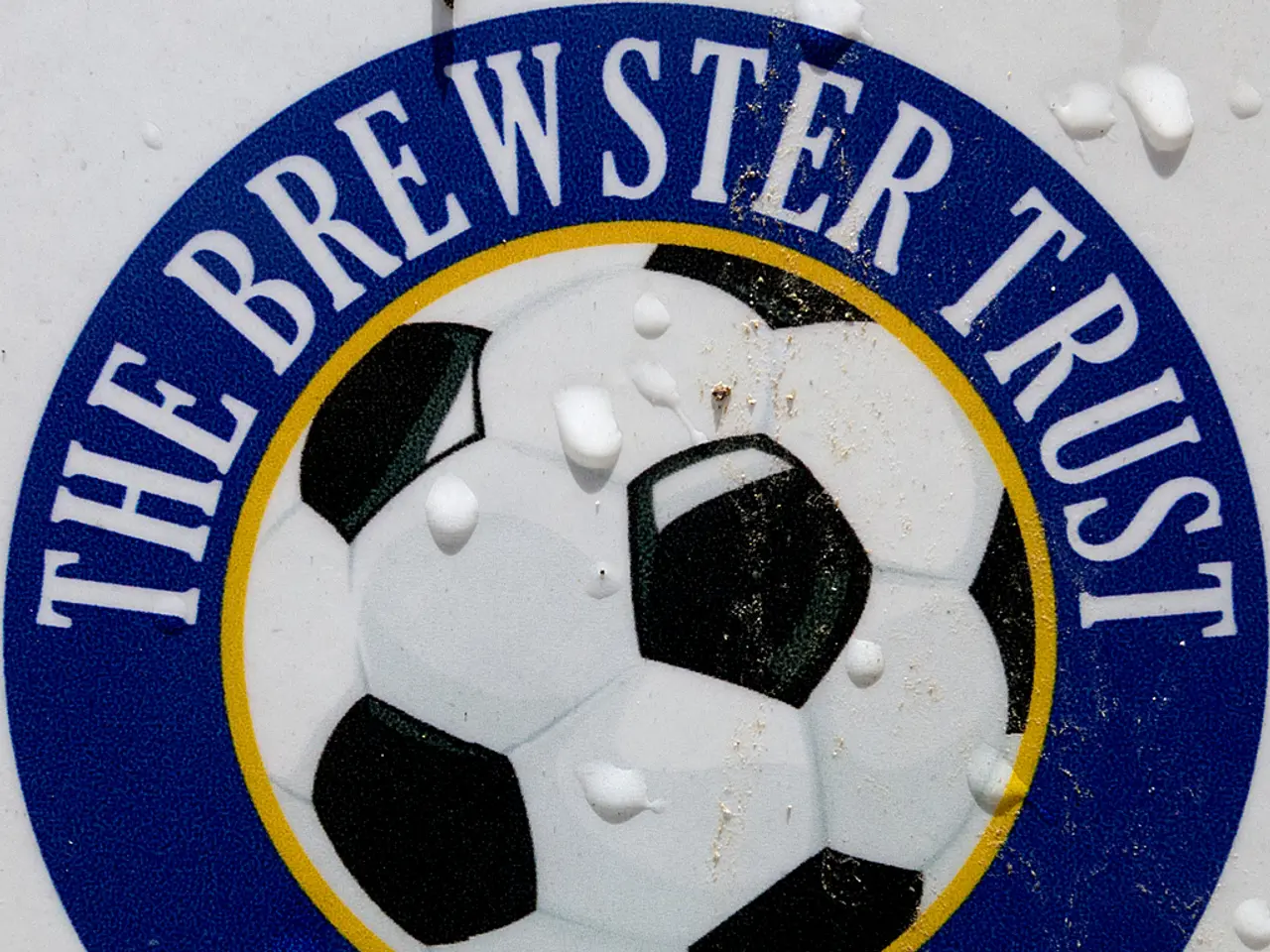Senate Democrats Petition Agriculture Committee to Reject Farm Security and Protection Act, Previously Known as the EATS Act
The Food Security and Farm Protection Act, formerly known as the EATS Act, has been met with opposition from more than two-thirds of Senate Democrats and various animal welfare organizations. Led by Senator Adam Schiff (D-CA), a letter was sent to the Senate Agriculture Committee leaders urging them to exclude this Act from the 2025 Farm Bill.
The Food Security and Farm Protection Act is not currently part of the One Big Beautiful Bill Act (OBBBA), which was signed into law in July 2025. This legislation includes major agricultural provisions, spending $66 billion over 10 years on farm programs, but it does not specifically include the Food Security and Farm Protection Act.
The opposition to the inclusion of the Food Security and Farm Protection Act likely stems from concerns about its impact on animal welfare standards and agricultural practices. Critics argue that the Act may weaken protections for farm animals or food safety standards, favour large agribusiness practices over small or family farms, and conflict with ethical or environmental standards promoted by animal welfare groups.
Animal Wellness Action and the Center for a Humane Economy, two organisations that advocate for animal welfare and humane economic practices, have been vocal in their criticism of the Act. They believe that if Congress passes the Food Security and Farm Protection Act, it could potentially roll back animal welfare standards and states' rights to set their own agricultural laws.
One of the most significant concerns is the potential impact on voter-approved measures such as California's Prop 12 and Massachusetts' Question 3, which prohibit the sale of pork from pigs confined in gestation crates and eggs from laying hens jammed into battery cages, respectively. The Act seeks to nullify such state laws, which could pave the way for Chinese-style industrial pig farming in the U.S.
It is important to note that farmers have not been forced into costly retrofits due to Prop 12 or Question 3. Market access to California and Massachusetts has been voluntarily met by producers ready to serve those markets. Pork prices have remained stable nationwide, and California has had no pork shortages.
Animal Wellness Action and the Center for a Humane Economy are continuing to advocate for keeping the Food Security and Farm Protection Act out of the Farm Bill and preserving the rights of voters and states to promote more humane, safe, and transparent food systems. They argue that passage of the EATS Act would accelerate consolidation in agriculture, turning independent producers into contract growers under foreign-controlled conglomerates. Thousands of U.S. farmers who invested in crate-free systems to meet market demand would be economically stranded if these state laws were nullified.
For more information, visit www.animalwellnessaction.org and www.centerforahumaneeconomy.org.
[1] Farm Bill Extensions, USDA [2] One Big Beautiful Bill Act (OBBBA), Congress.gov [3] Food Security and Farm Protection Act, Congress.gov [4] NPPC v. Ross, Supreme Court of the United States [5] IPPA v. Bonta, Supreme Court of the United States [6] Senate Democrats' Letter, Congressional Record [7] Animal Wellness Action, Official Website [8] Center for a Humane Economy, Official Website
- The ongoing debate on the Food Security and Farm Protection Act highlights the intersection of policy-and-legislation, politics, and general-news, as it concerns the impact on animal welfare standards, agricultural practices, and the future of small farms.
- The opposition to the inclusion of the Food Security and Farm Protection Act in the Farm Bill is rooted in concerns about its potential to roll back animal welfare standards, states' rights, and the risk of consolidation in the agricultural sector, which are crucial issues in the realm of policy-and-legislation.





